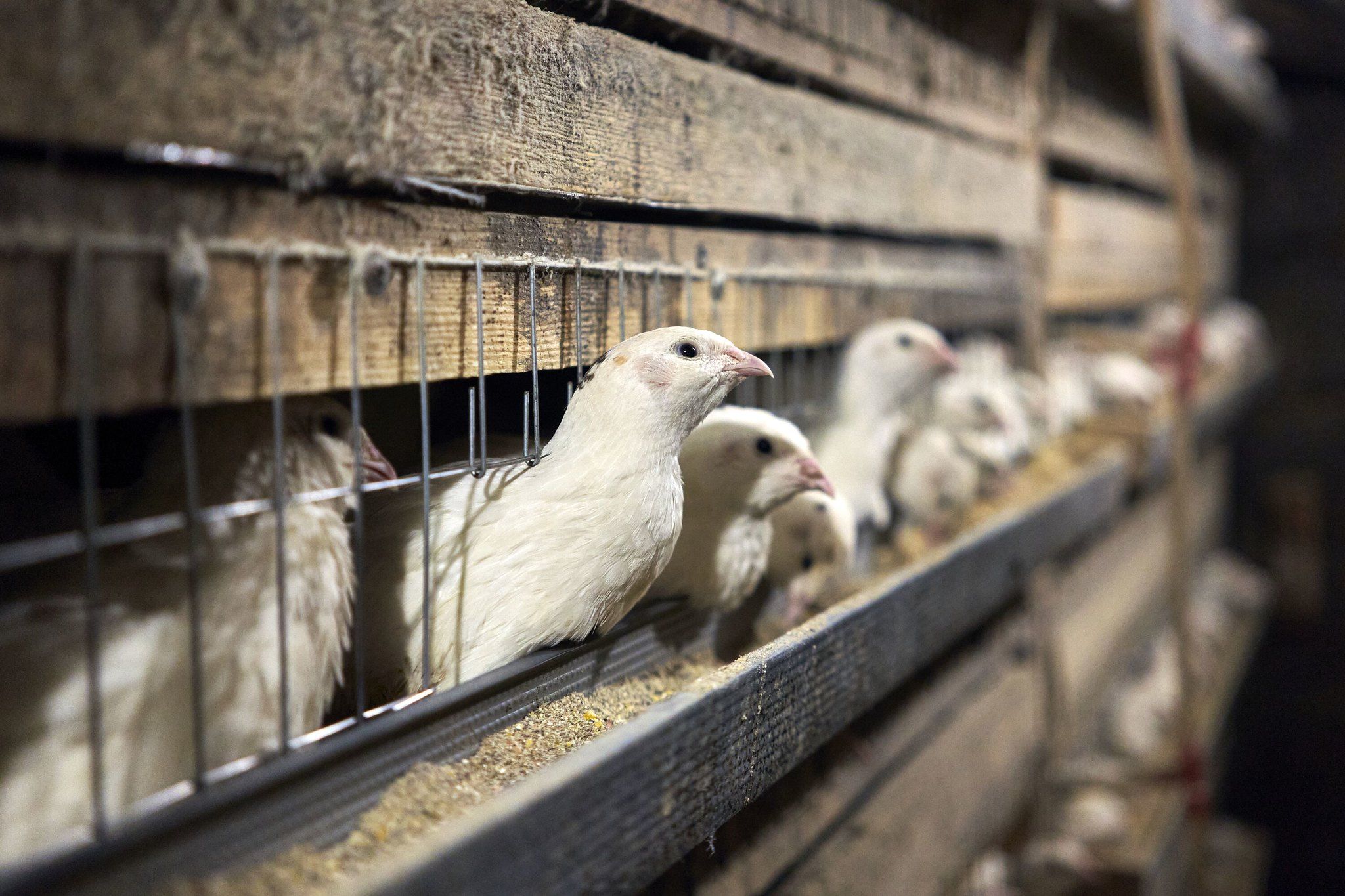
UNIDO and EU Launch Second Cycle of Capacity-Building Programme for SMEs and Farmers in Moldova
Following the conclusion and encouraging results, the United Nations Industrial Development Organization (UNIDO) and the European Union (EU) announce the launch of the second capacity building and traning cycle for farms and food businesses.
The EU-UNIDO initiative ”Standards Compliance, Capacity Building and Implementation Programme for small and medium entreprises (SMEs), food business operators (FBOs) and Farmers” supports the development of agri-food sector by offering local economic actors opportunities to improve their processes and product quality —focusing on food safety, animal welfare, and environmental protection.
Who can participate – eligibility criteria
The programme targets farmers and primary producers, as well as meat and dairy processors, who are at any stage of business development (early-stage, mid-level, or advanced), and who have already developed a product, tested it on the market, and are now looking to grow their business.
Priority will be given to enterprises and farms that:
- are willing to improve their product quality standards
- are interested in developing the export potential of the EU market
- are open to a strategic approach to business development, in close collaboration with the Program’s experts, from identifying needs, resources and growth opportunities, to developing/improving the business plan
Programme structure
Participants will benefit from:
- Theoretical and on-the-job practical training
- Individualized support to overcome daily operational challenges faced by SMEs, FBOs, and farm owners/managers
- Group coaching and training sessions, enabling the exchange of best practices
- Study visits to Europe and participation in international trade fairs for top-performing business entities
After the registration period, the programme structure, theoretical content, and the number of training and consultation hours will be adjusted according to the specific needs of the participants.
Programme topics
The programme is tailored to meet real-world needs and includes the following training modules:
- Module 1: Good Hygiene Practices
- Module 2: HACCP System Implementation
- Module 3: HACCP System Checklist
- Module 4: Food Safety Culture – Implementation and Evaluation
- Module 5: Food Safety Management System
- Module 6: Food Labelling and Packaging
- Module 7: Traceability, Product Recall, and Product Tracking
- Module 8: Self-monitoring programmes for Salmonella, Campylobacter, Listeria, and other pathogens
- Module 9: Techniques for monitoring residues and contaminants, including process surveillance, operations, traceability, and the control of veterinary drugs and additives
- Module 10: Hygiene Conditions in Dairy Farms
- Mastitis Control and Udder Health
- Raw Milk Quality Testing and Fraud Detection
- Module 11: Key Metrological and Regulatory Aspects in Food Safety Evaluation
Special emphasis will be placed on quality and safety standards in the dairy and meat industries, incorporating essential topics such as: antibiotic control, milk collection practices, interpretation of NTG and NCS tests, self-monitoring programmes for microbiological criteria, and the application of HACCP principles throughout the production chain.
Results of the first phase – a milestone for continuation
Between May and August of this year, over 50 participants from 30 local companies successfully completed the first stage of the programme, covering the first seven training modules focused on food quality and safety.
Although many participants already had significant professional experience, this training was a valuable opportunity to reconnect with and up-date on top-level standards and to engage with a community of professionals sharing the same aspirations.
Among them was Violeta Focșa, a quality management systems manager at a meat processing company:
“I’m a food technology engineer by profession, with many years of experience in the food industry—from beer to meat and pastry products. Still, I was determined to be part of this programme. Here, not only did I review current legislation and process improvement methods, but I also had detailed discussions about the quality standards we all aim to achieve.
In our company—and in others I interacted with during these weeks—we know that the day will come when we can offer our products to consumers in European countries. That’s why we’re preparing now: investing in our teams and equipment, undergoing training, and aligning with EU market quality standards,” said Violeta Focșa.
Application process and deadlines
Interested companies are invited to complete the registration form by September 30, 2025. The implementation period of the program is October – December 2025.
It is important to note that priority will be given to companies on the waiting list from the first cycle (who had previously expressed interest), as well as to new businesses applying for the first time.
The EU-UNIDO “Standards Compliance, Capacity Building and Implementation Programme for SMEs, FBOs and Farmers” is part of the project “Improving the standards compliance through increased national capacities for residue monitoring”, implemented by UNIDO and funded by the European Union, in partnership with teh Ministry of Agriculture and Food Industry and the National Food Safety Agency.
For more details on the programme, please contact us via: e-mail: standards-moldova@unido.org; telephone number: +373 22 999 190.





